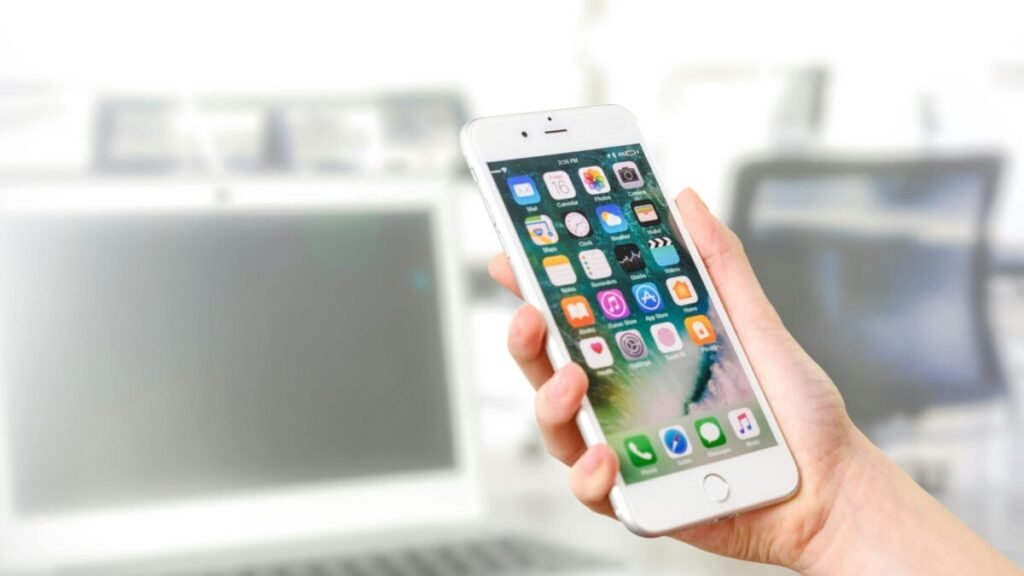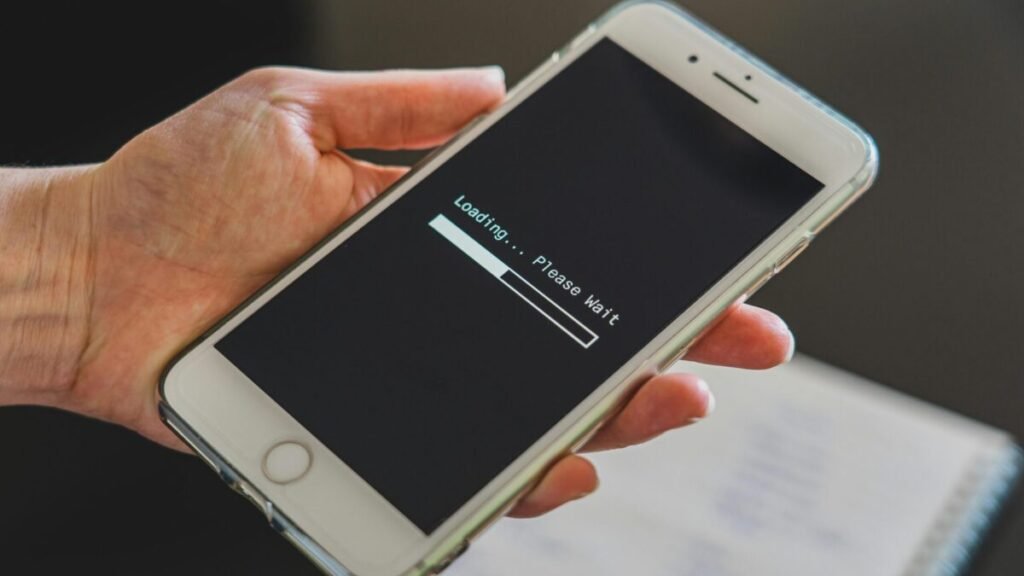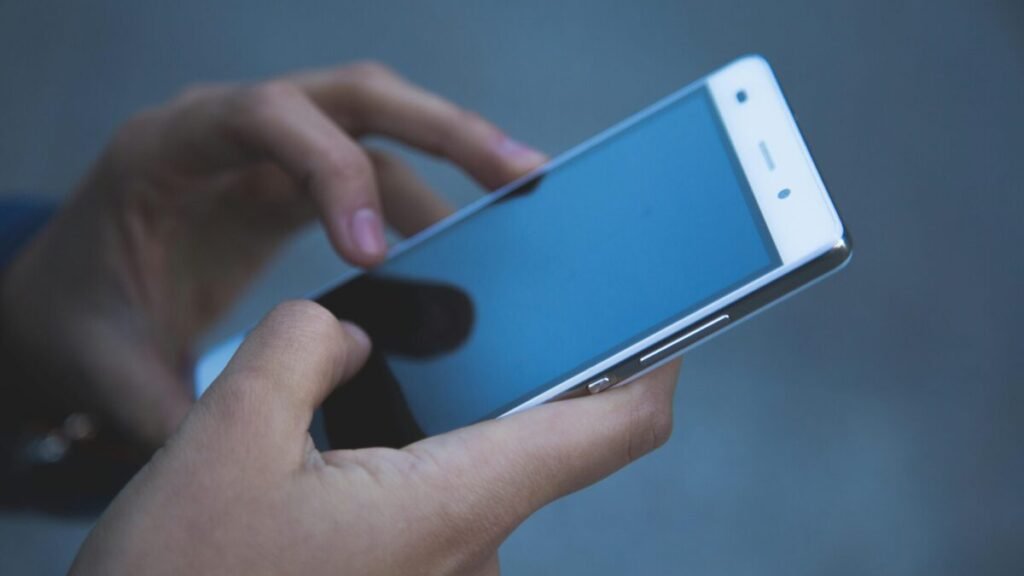
Boost Your Android Speed in 3 Easy Steps
Is your Android phone starting to feel sluggish, taking forever to open apps, or freezing right when you need it most? Don’t worry—you’re not alone. Almost every Android user faces performance issues at some point, especially as phones get older or become packed with apps, files, and background processes.
The good news? You don’t need to buy a brand-new phone or pay for expensive optimization tools. With just a few simple adjustments, you can breathe new life into your Android and get it running smoother and faster again.
In this guide, I’ll walk you through three easy steps that anyone can do to speed up their Android phone. Plus, I’ll share a bonus tip that can give your device an extra performance boost. Let’s get started.
1. Clear Cache and Unused Files
Think of cache like leftovers in your fridge. A little is fine, but if you never clean it out, things pile up and cause problems.
How to Clear Cache on Android:
• Go to Settings > Storage.
• Look for Cached Data or open individual apps.
• Tap Clear Cache.
If your phone is still slow, you can use a cleanup tool like Files by Google, which is free and very reliable. It doesn’t just clear cache—it also finds large files, duplicate photos, and unnecessary downloads that eat up space.
Why This Helps: Removing unused files gives your phone more breathing room. With more storage available, apps can run smoothly, and your device won’t struggle as much with loading screens or multitasking.
Example: Imagine trying to cook in a messy kitchen—you’ll waste time moving things around. But once it’s cleaned up, everything feels faster and easier. Your Android works the same way.
2. Uninstall Unused Apps and Disable Bloatware
The fewer unnecessary apps running, the more resources your phone has for the apps you actually care about.
What You Can Do:
• Go to Settings > Apps.
• Browse through your list of installed apps.
• Uninstall apps you haven’t opened in months.
• For apps you can’t uninstall (like system apps), tap Disable to stop them from running.
Pro Tip:Games, heavy social media apps, and shopping apps are often the worst culprits. If you don’t need them daily, remove or disable them. You can always reinstall later.
Example: I once helped a friend whose phone kept lagging during video calls. After uninstalling unused games and disabling pre-installed apps, their phone instantly felt lighter and more responsive.
3. Restart Regularly and Keep Software Updated
Restarting clears temporary files, resets background processes, and gives your phone a “fresh start.” Just like a computer that runs smoother after a reboot, your Android benefits from the same treatment.
Make This a Habit:
• Restart your phone at least once a week.
• If your phone freezes or lags badly, a quick restart often fixes it immediately.
Next, make sure your software is up to date.
How to Check for Updates:
• Go to Settings > Software Update or System > Updates.
• Tap Check for Updates.
• If an update is available, install it.
Manufacturers release updates not only to fix bugs but also to improve speed, security, and compatibility. Skipping updates means missing out on performance improvements your phone could already have.
Example: After updating, many users notice apps opening faster and the phone running cooler. It’s like getting a mini-upgrade without spending money.
Bonus Tip: Use Lite Versions of Apps
If you own an older Android phone or one with limited RAM, switching to Lite apps can make a world of difference.
Lite apps are smaller, faster, and use less memory. They’re designed for devices with limited resources but work great on any phone.
Popular Lite Apps Include:
• Facebook Lite – Runs faster, uses less data.
• Messenger Lite – Works smoothly without hogging memory.
• YouTube Go – Lets you watch or download videos without slowing your phone.
These apps not only save space but also reduce background activity, making your phone noticeably snappier.
Extra Tricks to Keep Your Android Fast
If you’ve already tried the steps above but still want even better performance, here are a few extra tips:
• Reduce Animations: In Developer Options, you can lower animation scales to make everything feel quicker.
• Limit Background Data: Prevent apps from constantly syncing by restricting background data.
• Use a Static Wallpaper: Live wallpapers look cool but consume processing power and battery.
• Free Up RAM: Some phones include a built-in “Memory Boost” or “Device Care” option—use it!
FAQ: Common Android Speed Questions
1. Why does my Android phone get slower over time?
Because apps, files, and background data build up, consuming memory and storage. Without maintenance, performance naturally drops.
2. Do I need a third-party cleaner app?
Not really. In fact, many “cleaner” apps drain more resources. Stick with trusted tools like Files by Google or your phone’s built-in optimization feature.
3. Will factory resetting speed up my phone?
Yes, it can, but it should be your last resort. A reset wipes everything and makes the phone feel new, but it’s time-consuming and you’ll lose your data if not backed up.
Final Thoughts
Add in Lite apps and a few smart habits, and your Android will feel smoother, faster, and more enjoyable to use.
Remember, just like a car needs regular maintenance, your phone does too. Spending a few minutes each week cleaning up your device will save you from frustration and extend the life of your smartphone.
So before you think about upgrading to a new phone, try these steps—you’ll be surprised how much faster your Android can feel with just a little care.



